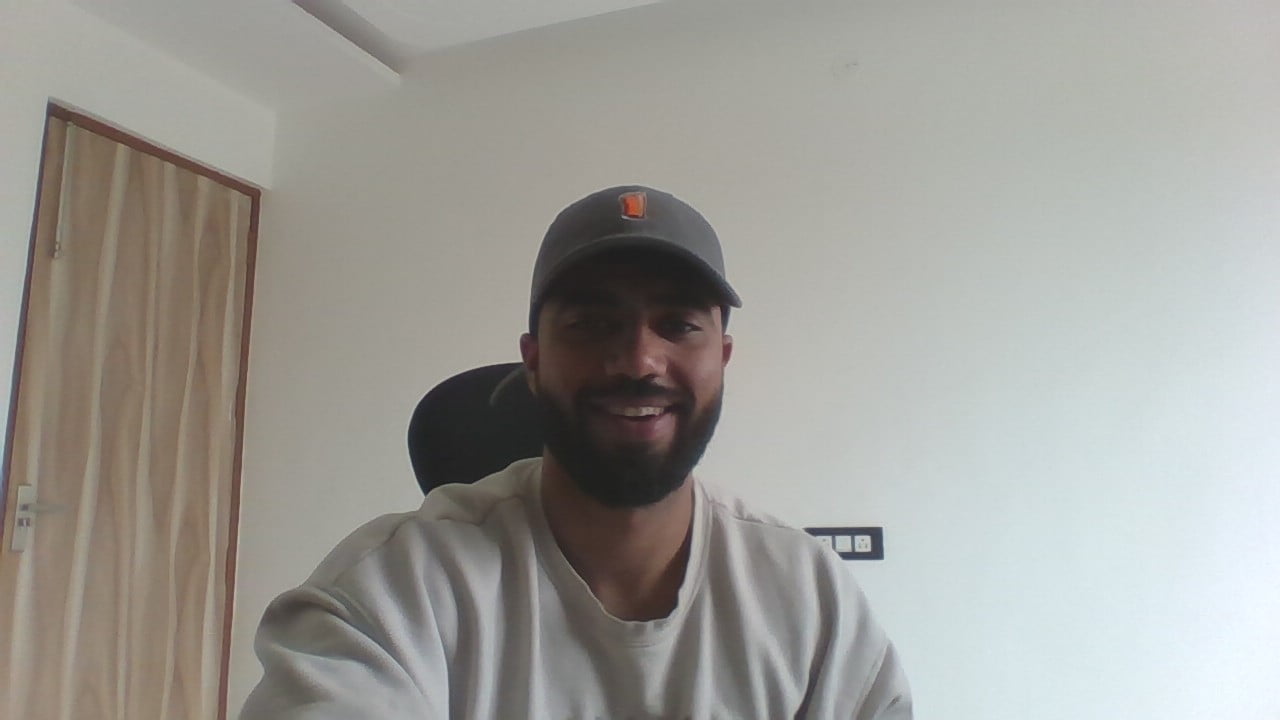)
Pakistan : Representational | (Photo: Shutterstock)
Pakistan’s Supreme Court on Monday released its detailed judgment on the July 12 order in the reserved seats case and said the top election body of the country failed to perform its duties as per law in the February 8 general elections.
The 8-5 majority order had declared jailed former prime minister Imran Khan’s Pakistan Tehreek-e-Insaf (PTI) eligible for more than 20 seats reserved for women and minorities, dealing a major setback to the ruling coalition led by the Pakistan Muslim League- Nawaz.
Justice Mansoor Ali Shah penned the 70-page verdict, more than two months after the short verdict was issued on a petition of the Sunni Ittehad Council (SIC), which had challenged the rulings against its eligibility for reserved seats.
Candidates backed by Khan’s party, who had contested and won the February 8 elections as independents after their party was stripped of its election symbol, had joined the Sunni Ittehad Council (SIC), a political alliance of Islamic political and Barelvi religious parties in Pakistan, to form a coalition of convenience.
The SIC had filed a plea challenging the Peshawar High Court decision upholding the Election Commission of Pakistan’s move to deny its share in reserved seats.
The verdict was delivered by an 8-5 majority of a full bench led by Chief Justice Qazi Faez Isa. Justices Yahya Afridi, Aminuddin Khan, Jamal Khan Mandokhail, and Naeem Akhtar Afghan dissented, emphasizing the importance of proportional representation.
In the detailed judgment, Justice Shah, who is set to become the chief justice towards the end of the next month, set aside the initial ruling of the ECP to reject the SIC application for reserved seats, as he also annulled a ruling by the Peshawar. High Court that upheld the verdict of the Election Commission.
“We find it important to emphasize that the commission, as a constitutional ‘electoral management body’, is not merely an administrative entity but a fundamental ‘guarantor institution’ of democratic processes, with a constitutional status akin to a ‘fourth branch of government’ .
“Unfortunately, the circumstances of the present case indicate that the commission has failed to fulfill this role in the General Elections of 2024,” according to the detailed judgment.
The court also criticized the ECP for not recognizing the PTI as a party to run for elections and nominate its candidates.
“When election authorities engage in actions (…) such as unlawfully denying the recognition of a major political party and treating its nominated candidates as independents, they not only compromise the rights of these candidates but also significantly infringe upon the rights of the electorate and corrode their own institutional legitimacy,” it read.
The order also expressed “some doubts about whether the commission has the power to reject the certificate of intra-party elections” which resulted in all kinds of legal and political implications for the PTI.
The ruling reaffirmed that Khan’s Pakistan Tehreek-e-Insaf was a parliamentary party and hence eligible for the seats reserved for women and minorities in Parliament.
It stated that the ECP had submitted a list of the 80 lawmakers who had “either filed party certificates (party tickets) of PTI or declared their affiliation with PTI in their nomination forms or statutory declarations/affidavits”.
The verdict lists those 39 lawmakers who “were and are the returned candidates whose seats were and have been secured by the PTI”, and for whom the ECP had “shown ‘PTI’ in any one of the aforementioned columns in the list”.
It also lists the rest 41 lawmakers who were “treated as independent returned candidates because they had not mentioned themselves as belonging to PTI in their nomination papers”.
The ruling also pulled up the ECP the way it participated in the hearing of the case.
“Another matter that has surprised us during the proceedings of these appeals is the way the commission participated in and contested the matter before us as a primary contesting party against SIC and PTI,” it read.
The detailed ruling comes as the ECP is mulling to implement the judgment to award the reserved seats to the PTI despite the July 12 ruling.
(Only the headline and picture of this report may have been reworked by the Business Standard staff; the rest of the content is auto-generated from a syndicated feed.)
First Published: Sep 23, 2024 | 7:16 PM IST
Thank you for taking the time to read this article! I hope you found the information insightful and helpful. If you enjoyed this type of content, please consider subscribing to our newsletter or joining our community. We’d love to have you! Feel free to share this article with your friends and family, who might also find it interesting.

Rishabh Singh is the Editor-in-Chief and CEO of Latestnews24.com. He has also completed his graduation in BSC Aviation and has 2+ years of experience in blogging and digital marketing. Have worked with many businesses and blogs, He is also interested in Entertainments/movies/web stories and new foods recipes news, Actually this is his favorite subject. So he is always ready for discussion and written about this topic.
